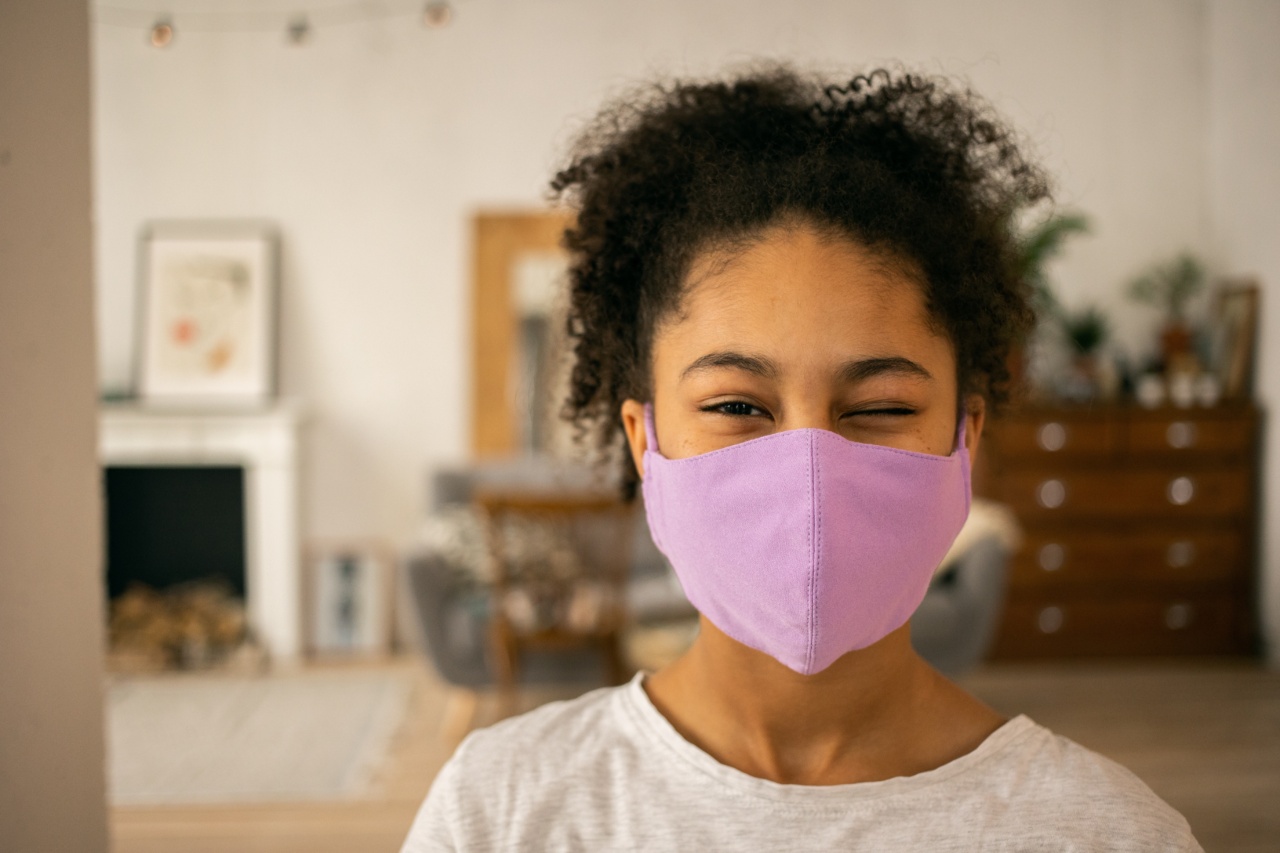Measles, also known as rubeola, is a highly contagious viral infection that primarily affects children. It spreads through respiratory droplets and can lead to serious health complications.
Recognizing the symptoms, taking preventive measures, and providing proper care can help your child recover quickly and minimize the risk of complications.
Symptoms of measles
Measles often starts with flu-like symptoms, including a high fever, cough, runny nose, and red, watery eyes. These symptoms are followed by a characteristic rash that begins on the face and spreads to the rest of the body.
The rash typically lasts for several days and may be accompanied by small white spots inside the mouth.
If your child develops these symptoms, it is important to consult a healthcare professional for a proper diagnosis. Measles can lead to complications such as pneumonia, ear infections, and in rare cases, encephalitis.
Preventing measles
The best way to prevent measles is through vaccination. The measles, mumps, and rubella (MMR) vaccine is safe and highly effective.
It is typically administered in two doses, with the first dose given between 12-15 months of age and the second dose between 4-6 years of age.
If your child has not been vaccinated or is too young to receive the vaccine, taking preventive measures can help reduce the risk of exposure.
Avoid close contact with individuals who have measles, ensure proper hand hygiene, and maintain a clean environment.
Treating measles
There is no specific antiviral treatment for measles. The focus of treatment is on relieving symptoms and preventing secondary infections. Here are some strategies to help your child during their measles outbreak:.
1. Provide plenty of fluids
Encourage your child to drink plenty of fluids to prevent dehydration. Offer water, oral rehydration solutions, and other clear fluids. Popsicles and ice chips can be soothing for a sore throat.
2. Administer fever-reducing medication
If your child has a high fever, consult a healthcare professional about appropriate fever-reducing medication. Follow the dosage instructions carefully and avoid aspirin, which should not be given to children due to the risk of Reye’s syndrome.
3. Keep your child comfortable
Make your child’s environment as comfortable as possible. Keep the room cool, and use a humidifier to alleviate cough and congestion. Use soft, clean bedding and dress your child in loose, lightweight clothing to avoid irritation from the rash.
4. Relieve itching and discomfort
The rash associated with measles can be itchy and uncomfortable. Calamine lotion or a gentle oatmeal bath can help soothe the skin. Avoid scratching to prevent secondary infections.
5. Encourage rest
Provide your child with plenty of rest and quiet activities to help them recover. Avoid exposing them to excessive noise or bright lights, as these can intensify their symptoms.
6. Isolate your child
Since measles is highly contagious, keep your child isolated from other family members, especially individuals who have not been vaccinated or are at higher risk of complications, such as infants, pregnant women, and individuals with weakened immune systems.
7. Monitor for complications
While most cases of measles resolve without complications, it is important to monitor your child for any signs of worsening symptoms.
Contact your healthcare provider if your child’s fever persists, they have difficulty breathing, or if their symptoms worsen.
8. Follow up with healthcare provider
After your child recovers from measles, it is essential to schedule a follow-up visit with their healthcare provider. This visit allows for a post-measles check-up and an opportunity to discuss any concerns or questions you may have.
Importance of vaccination
Vaccination is the most effective and reliable way to protect your child against measles.
It not only safeguards your child’s health but also helps prevent the spread of the disease to others, especially those who cannot receive the vaccine due to medical conditions or age.
Measles vaccination not only protects individuals but also contributes to community immunity, also known as herd immunity.
This concept refers to the protection of vulnerable individuals who cannot be vaccinated, such as infants or individuals with compromised immune systems, by limiting the circulation of the virus within the population.
Conclusion
Dealing with your child’s measles outbreak can be challenging, but with proper care and preventive measures, you can help them recover smoothly and reduce the risk of complications.
Measles can be prevented through vaccination, and if your child does contract the virus, ensure they receive plenty of fluids, appropriate medication for fever, and a comfortable environment. Follow the advice of your healthcare provider, and remember the importance of vaccination in protecting your child’s health and the health of the community.



























